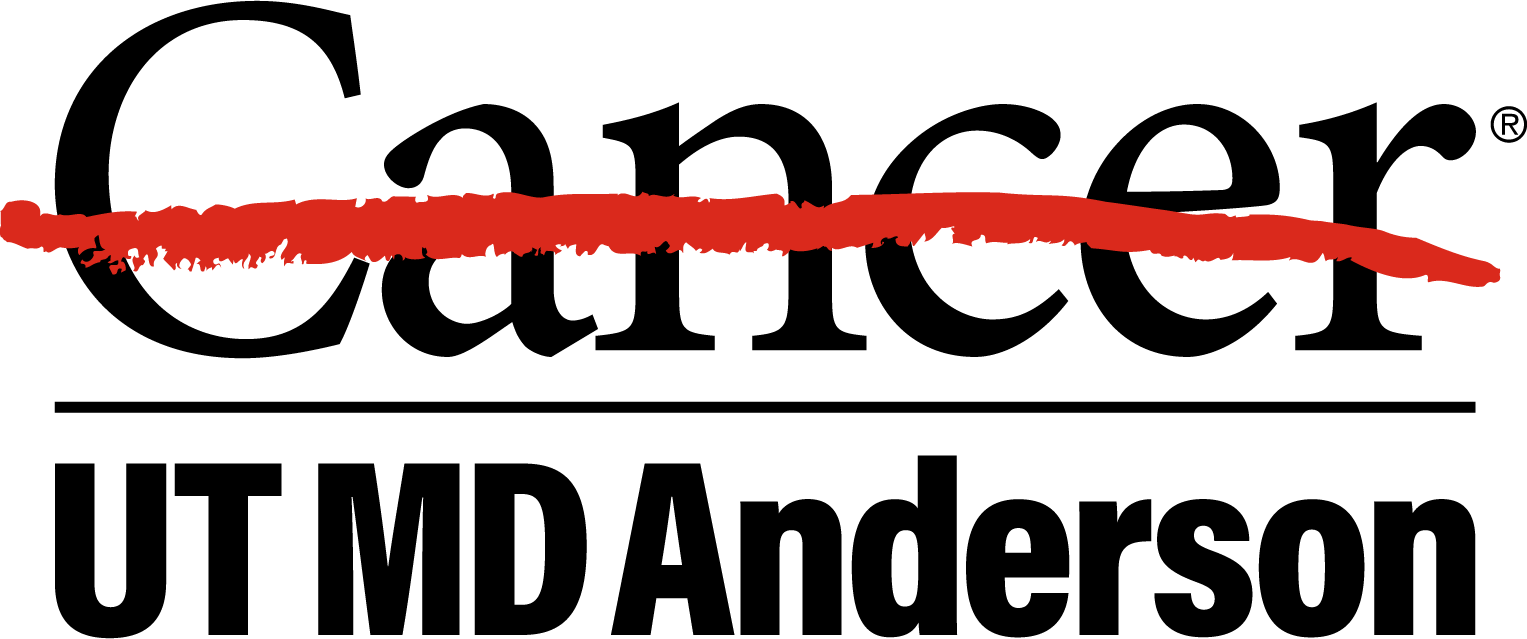Know your colon cancer risks: Get screened
March 01, 2013
March is National Colorectal Cancer Awareness Month. That means it's a great time to think about scheduling a colonoscopy if needed.
Colorectal cancer, cancer of the colon and rectum, is the third most common type of cancer in the United States, not counting skin cancers. But many early stage colon cancers can be prevented through a colonoscopy.
According to Gottumukkala S. Raju, M.D., professor in the Department of Gastroenterology, cancer begins as benign polyps within the colon and develops into cancer over years when left untreated, mainly because they are undetected without a colonoscopy.
"By having an exam early at 50, you have the opportunity to find a lesion or polyp when it is very small and can be removed more easily," says Dr. Raju. If you have a family history of colon cancer or are at increased risk, he recommends MD Anderson's screening guidelines for people at increased risk.
Dr. Raju recently published an iBook that is available for free download to your iPad. In it, he explains who is at increased risk for colon cancer and provides helpful information about colon cancer and colonoscopies, including tips on when do get them, how to prepare and what to expect.
